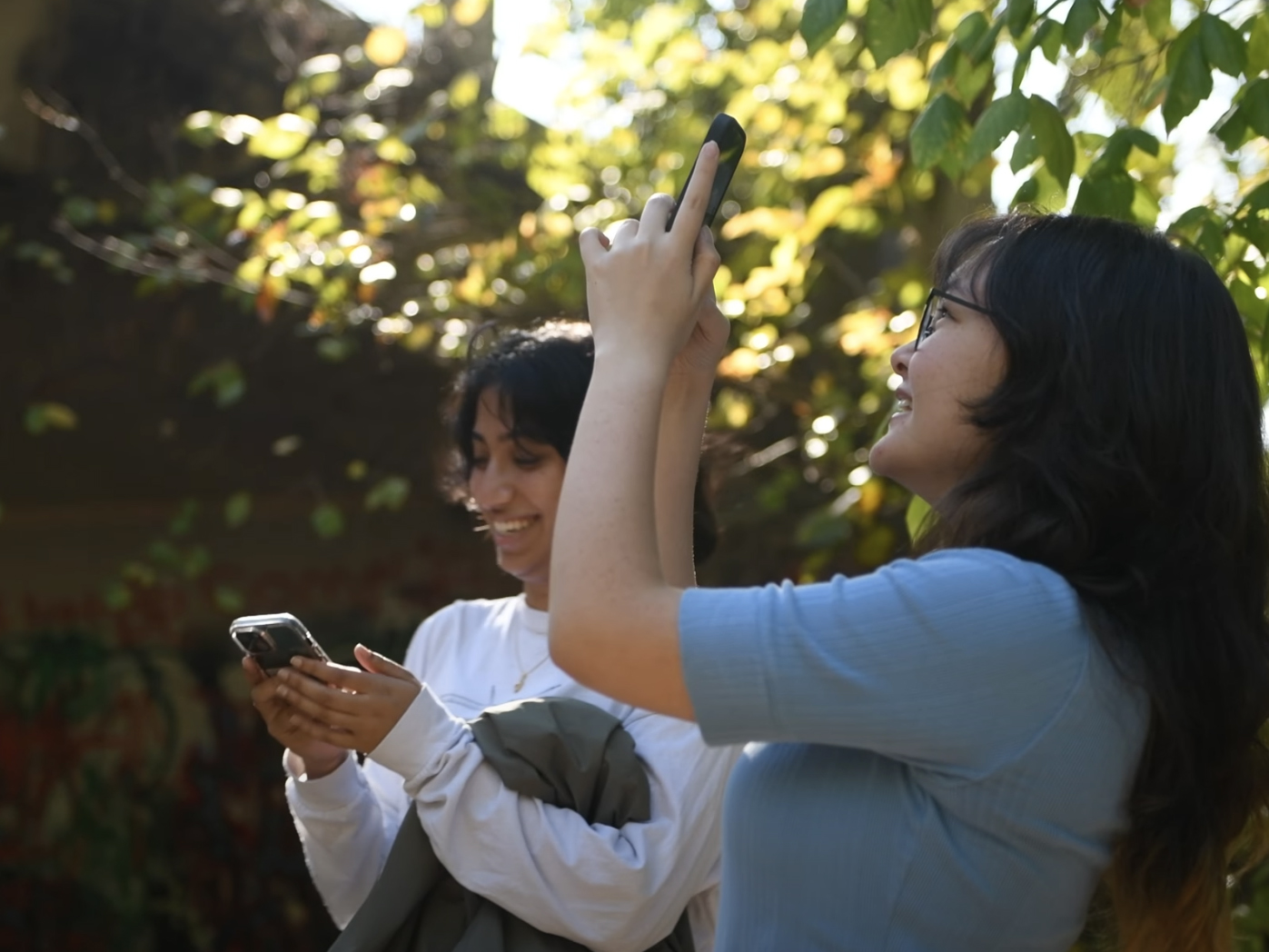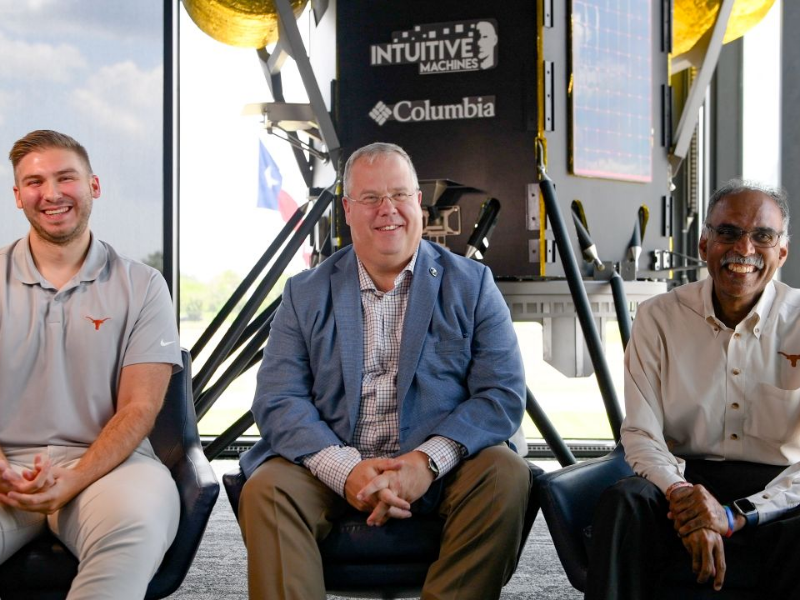News

6 Longhorns Elected to the National Academy of Engineering
UT News | The latest group of inductees to the National Academy of Engineering includes faculty members and alumni from the Cockrell School of Engineering and College of Natural Sciences.



